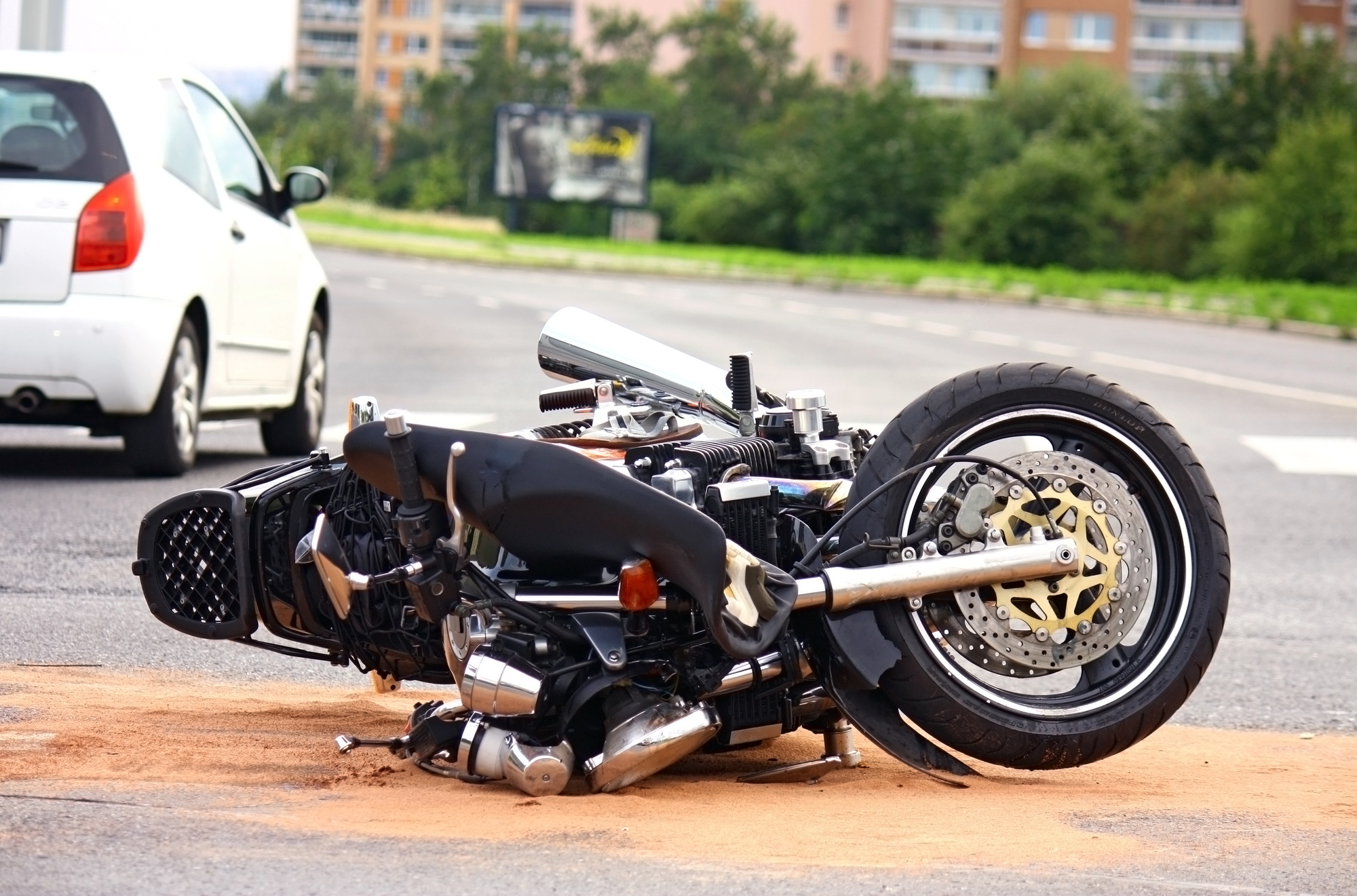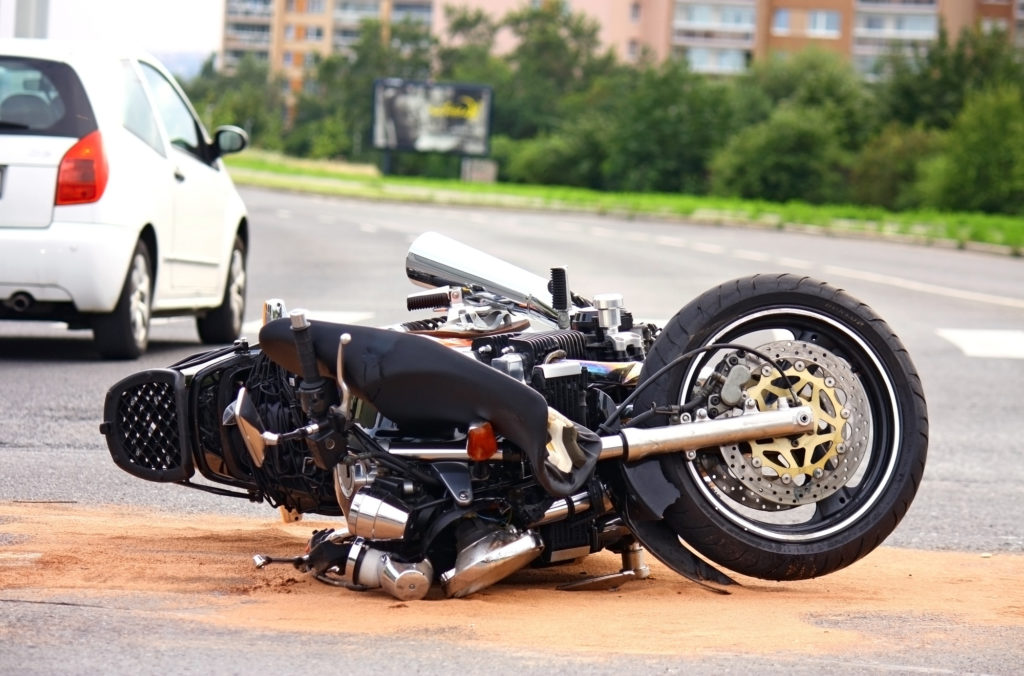

What would you do if you were involved in an Orange County motorcycle accident?
Perhaps you might initially think that everything is okay but later realize that you have possible injuries. Have you considered who would pay for the ongoing costs associated with the crash?
The National Highway Traffic Safety Administration (NHTSA) publishes statistics on vehicle accidents. They found that motorcyclists were 28x more likely to die in a traffic crash than people in passenger cars. The NHTSA also notes that while motorcycles only constitute 3% of registered vehicles, they account for 14% of traffic fatalities.
If you lose a loved one in a fatal motorcycle accident in Orange County or survive one with injuries, what steps should you take?
We’re going to explain what to do at the scene, who to inform, and what to do afterward. Read on!
Safety First
Immediately after a crash, your number one priority is to ensure your safety and the safety of those around you if possible.
You may have been knocked onto the road and are at risk of being struck by traffic. If you can move without further injuring yourself, you should leave the road, so you are not in further danger. Other hazards you must scan for include structural damage, roadside drops, gas leaks, and fire.
Once you have cleared yourselves and others out of harm’s way (if you can), look around at everyone else to assess any physical injuries. If you or others are hurt, dial the emergency services straight away.
Even if you think that no injuries are present, you should still have a medical professional check you over, regardless. Motorcyclists don’t often walk away from a crash without some type of injury. Furthermore, sometimes these injuries might be hard to spot.
Injuries to the lower body are most likely to occur, with bone fractures and breaks being common. Upper body injuries can carry a higher level of severity. For upper body trauma, medical staff might need to check for internal bleeding or even organ damage.
It’s important to do your best not to panic when dealing with an accident. Don’t accept or project blame during the aftermath of a crash, especially if it might escalate tension.
Your legal standing may also be undermined by any physical aggression or acts of intentional damage.
File a Report
If you don’t need to call 911 to report injuries, then you will likely still need to inform the local police. For anything other than a small fender-bender, police are necessary to get the accident documented accurately. They will also decide if legal proceedings are needed and will guide traffic around the accident scene.
At the very least, you must stick around long enough to collect and receive the required information. This applies to details needed by the police and any of those involved in the accident.
You should record details of the vehicles involved, like manufacturer, model, license plate, etc. Exchange insurance information and contact details with the other parties.
Any damage caused by the accident should be carefully photographed.
If it is safe to do so, take some photos of the accident scene from further back. This step will give a clearer depiction of what happened. Try to get any unique location identifiers in the shot, such as signs or landmarks.
Also, note down any additional information in writing.
Ask anyone nearby if they witnessed the accident and will provide a witness statement. This is important in case another party later contradicts aspects of the crash. You cannot and should not attempt to force a witness into cooperating.
If they are prepared to write down what they saw, this is preferable. If not, ask for their name and contact details for later use.
What Next?
Let your insurance provider know about the accident ASAP.
Share all the information you previously collected to help your claim. Don’t downplay any aspect of the accident that may reduce your compensation. If you are unsure about injuries, let them know that you are awaiting a medical assessment or results.
The same goes for damage to your motorcycle. Tell the agent that you will have the motorbike checked by a mechanic and will get back to them.
You don’t want to accept fault for any aspect of the crash in any of your communications regarding the accident. It doesn’t make a difference how you’re communicating (or who with) admission of the blame can be used against you. Not only might your insurance claim be denied, but you may face blame for other aspects of the crash.
Do not lie or misrepresent the truth in the process, however.
It’s best to communicate details of the crash only when necessary and redirect any questions through an Orange County motorcycle accident lawyer. A specialist motorcycle accident attorney in Orange County will be best poised to handle your case.
Make sure you comply with medical advice and follow-up any treatments, medications, or appointments. If you are falsely accused of being to blame or have your insurance claim turned down, call an Orange County defense lawyer.
Does your medical or property damage rise above your coverage level? Do you have serious injuries with ongoing costs that relate to the crash? In both scenarios, you need a lawyer for that Orange County motorcycle accident today.
An attorney will help you seek additional compensation where necessary. This might be a loss in earnings or money spent on out-of-pocket expenses for anything that stems from the accident.
Orange County Motorcycle Accident
We’ve shown that an Orange County motorcycle accident is best handled by an experienced attorney. Don’t reduce your compensation or have your claim denied because of what you did or didn’t say.
If you were involved in a motorcycle accident, we can help. We are a vehicle accident and personal injury law firm in Orange County. We help victims of accidents get full and fair compensation for their injuries.
Contact us today for a free consultation.

